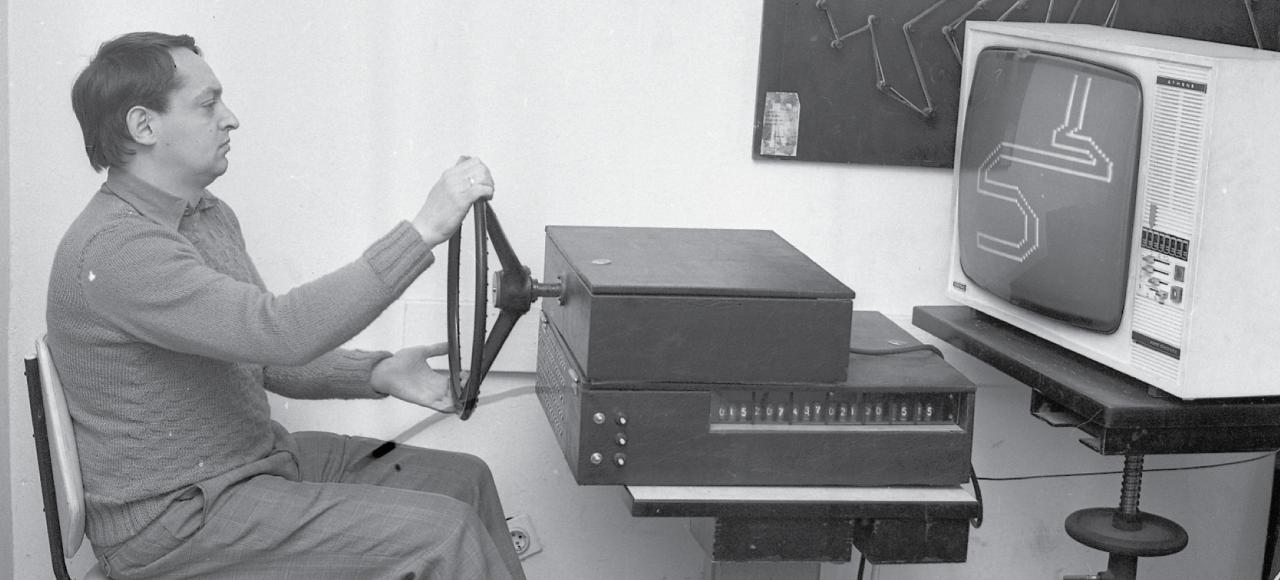
There is compelling evidence that Germanwings co-pilot Andreas Lubitz deliberately crashed flight 9525 on 24 March 2015, killing himself and the other 149 passengers and crew. The actions of Lubitz are regarded as intentional while at the same time recognised as being caused by his mental illness. He had a history of depression and was declared unfit for work.
We sometimes struggle to reconcile deliberate action with causes in mental illness. If deliberate, it suggests that Lubitz was an evil mass murderer. If he was ill, he was one of the fatal victim of his depression. In English law, we use the term diminished responsibility in such cases where there is a mental impediment to sound reason. It seems hard to forgive Lubitz for depriving so many others of life, even if depression made him take his own. But one can at least see the argument that no one in their right mind would have committed such an act freely. The problem is that his behaviour seemed deliberate and calculating; yet it is also difficult to think of him as being in full control of himself. Such questions might be for clinicians and legal experts. But the philosophical question of free will also has a role to play in how we understand such acts.
It is arguable that Lubitz had lost a significant degree of free will because of his depression. His was an extreme example but there are other common cases where freedom is compromised. Obsession, addiction, weakness of the will, compulsion, wantonness and suggestibility all chip away at our self-control. They can also highlight what is important for freedom.
We sometimes think of free will as an all-or-nothing matter. Some things have none of it, such as tables, rocks and trees. But to have free will may still be to have it to some degree. Free will can be restricted without being reduced to naught. To have an obsessive compulsive disorder (OCD), for instance, is to experience an overwhelmingly strong desire towards a certain activity. In respect of that act, one has lost a degree of control. The compulsion could be irresistible.
Harry Frankfurt in “Freedom of the Will and the Concept of a Person”* emphasised the role of higher-order desires in freedom. You can have a desire for chocolate but also desire not to have that desire. Suppose one likes the taste but realises that chocolate is no good for you. Perhaps it gives you migraines. It might then be better if you didn’t want chocolate. So you can want chocolate but want that you didn’t want it. In such cases, there are at least two possible outcomes. The weak-willed person gives in to the desire for chocolate even though they know it does them no good. The strong-willed person’s second-order desire not to want chocolate triumphs over his or her first-order desire to have it.
There are variants on this theme. The wanton might be someone who acts on their first-order desires rashly, without taking time to consider them. We might still hold them responsible for such actions. We could blame someone for not reflecting on the consequences of action when he or she was capable of doing so. The addict, in contrast, could know perfectly well that they shouldn’t indulge their first-order desire – for smoking or gambling – but find themselves completely incapable of resisting the first-order act nevertheless.
It seems important to us not just that we are capable of doing things but that we are in control of what we do. Only then does it seem to be properly free and thus properly an action. I might drive a car while talking to my friend but still be perfectly in control. I might be monitoring my act in some sub-conscious way such that I could adjust it if necessary. What counts is that I am acting upon a desire but also that I am able to think about that desire and whether I should indeed be acting upon it. Suppose a brainwasher gives me an urge to assassinate the Prime Minister, or an advertiser gives me a wish to own an expensive car. Those desires are undermined by the fact that I am able to reflect upon them and decide whether it would be good to act them out. Rationally I judge that I should resist murderous feelings. The most effective brainwasher ought really, then, to remove my capacity for higher-order thought, taking away the possibility of me deciding against my first-order desires.
Does this help us understand the act of Lubitz? No one can say exactly what was going through his mind as he crashed the plane but there are a number of possibilities. There could have been an overwhelming desire to kill himself and others that he knew to be wrong but simply could not counteract. Or it might have been that his mental illness prevented him from thinking rationally about his first-order desire. Both these options suggest that his free will had been compromised beyond a point where we hold him fully responsible. One further option is that he did reflect about his desires and decided it was still right to act upon them. Someone could freely act immorally after all. But if the mental illness was the primary reason for the act – a fact we can never now know – there would be grounds for thinking of it as a case of freedom compromised.
*Frankfurt’s essay is in The Importance of What We Care About (Cambridge, 1998).
Stephen Mumford is Dean of the Faculty of Arts at the University of Nottingham and Professor of Metaphysics in the Department of Philosophy. He is currently working on free will with Rani Lill Anjum, writing a book called The Power To Will for Oxford University Press.

